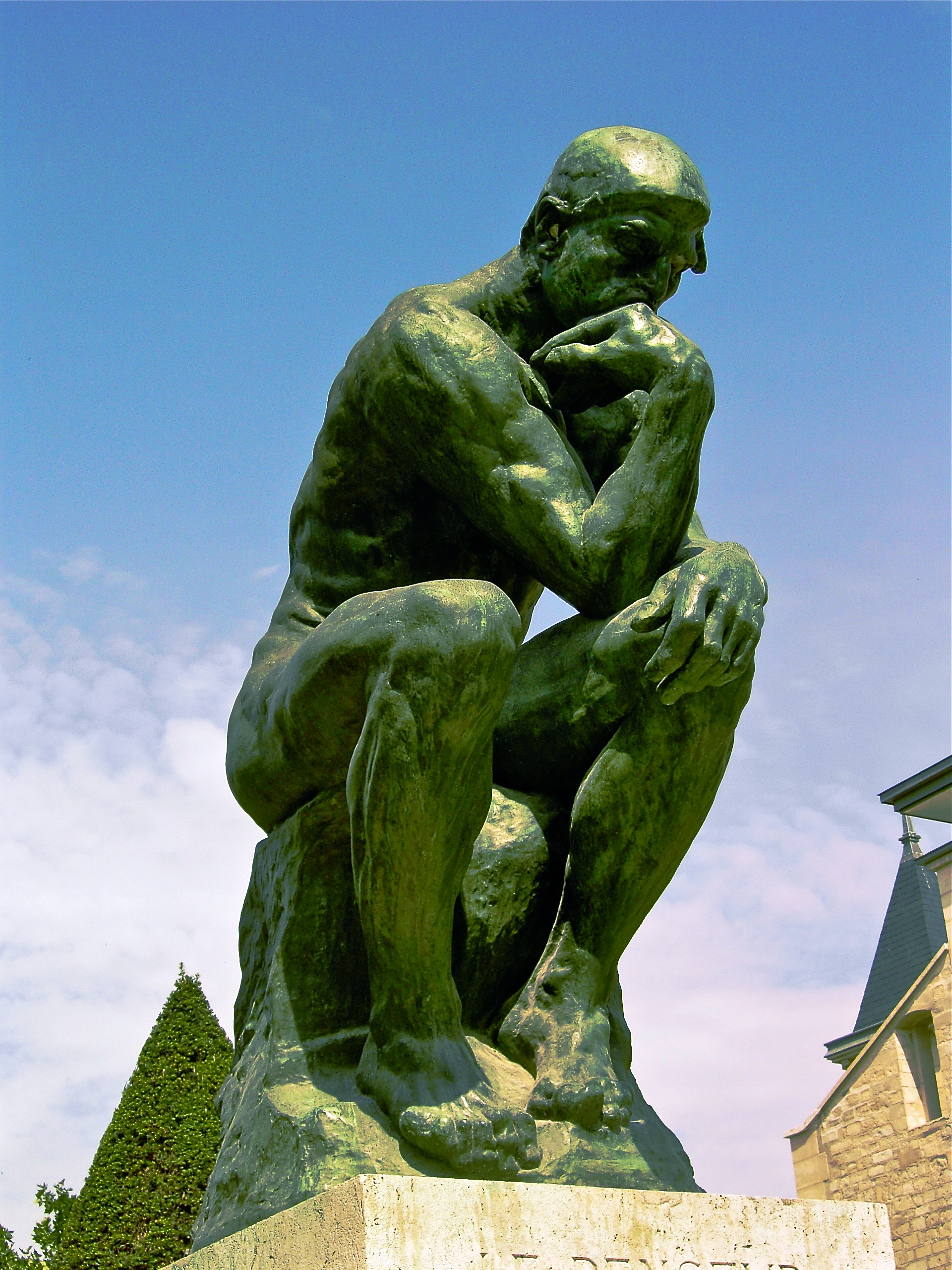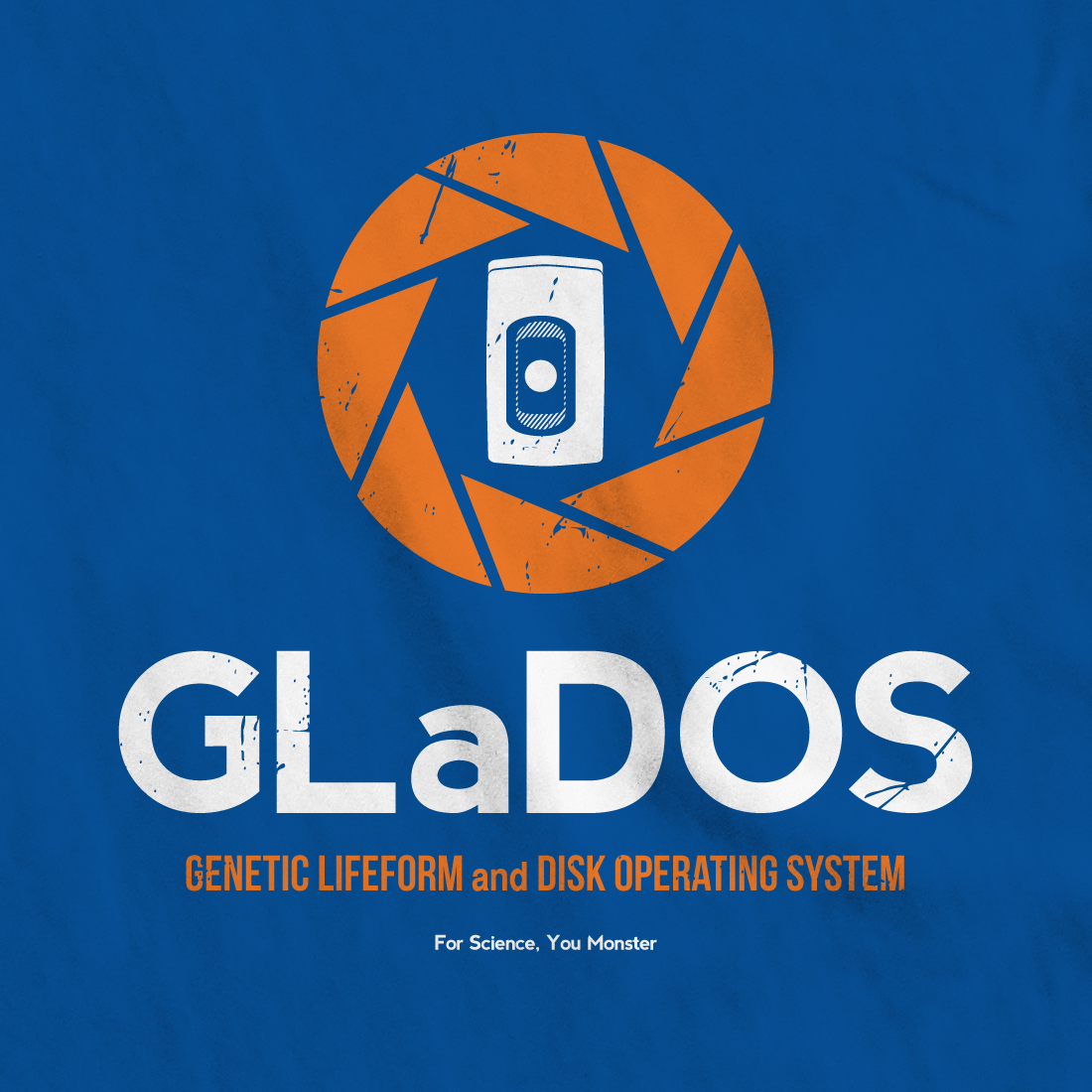What does playing a video game have to do with writing a story? Well, if you’ve played any recent games, you’ve probably realized they’re becoming more and more story-driven. That’s because developers have realized that a good story will suck players in more than good gameplay alone. In fact, the best games have great gameplay and story.
And so, I discovered the game Portal. It’s a very non-traditional game, in that it’s a first-person 3D puzzle game. And your character never speaks. Even in the sequel, Portal 2, she doesn’t speak, despite being constantly accompanied by a talking sphere. And later on, a talking potato. Seriously.
The main things that stand out to me about Portal are how the story develops, and how the environment was designed to forward the story and the game without bogging players down. If there’s one thing I’ve learned about good writing, it’s that writers should “Show, don’t Tell.” Portal is a perfect example of how to do this: you start the game knowing nothing about your character, where you are, or what do to, and every level walks you through a little more of what you need to know without explicitly giving you directions.
When you play through the game with the designer’s commentary on, they stress the importance of how much they developed the game to teach players how to play the game. The whole idea was to shape the environment so that players would come to the right solutions, without just giving it away. That way players felt a sense of accomplishment, even though the entire game was designed to lead them down the right path, and entertain them along the way. Every single “discovery” was carefully crafted to elicit a certain response, and the player never even realizes it.
When writing a story, we need to stick to the same idea. Why have a massive deluge of information when it’s more fun for the readers to come to the same conclusion on their own? It takes a little more creativity to craft a story completely out of surroundings (as opposed to just spilling your guts) but when you do, the reader feels like they are in control of the story, and they figured it out on their own… even if you’re leading them by the hand behind the scenes. The tension, the curiosity, the sense of accomplishment. All these things come from not just reading the story, but experiencing it from the character’s eyes.
You need to lay out all the plot pieces as the character finds them. You have to make it so that the reader finds the story on their own, but doesn’t realize you were leading them there.
In television shows, they use what’s called a “Cold Opener.” This is basically an opening scene that the viewer is thrust into, without knowing anything in advance. In the cold opener for the show Breaking Bad, we see the main character standing next to a smoking RV in nothing but his undies and a shirt, and holding a gun behind his back.
Immediately, your brain is thinking “Why isn’t he wearing any pants? Who’s the other guy? Who is he afraid of? What’s all that stuff in the RV? Is that why they have gas masks? And what’s with the apron?” You’re trying to figure out what’s going to happen, but you only have a few visual clues to go on… there’s no narrator, no prologue, no back story. Just Walt in an apron. In Portal, you get nothing except Chell waking up from hibernation, a few visual clues, and the ramblings of a deranged computer (which you can’t really trust). Gradually, as the stories progress, you get pieces of the puzzle. Eventually, you put enough of the puzzle together to figure out what’s going on, and by then, the story’s almost over, and it’s time for the epiphany. By then, the reader/viewer/player is ready to engage, and that’s when the final action sequences have the most impact.
As a writer, don’t spill all the beans. Don’t be afraid to leave details out at first, and don’t be afraid to hint at things early on. Trust me, if your story is interesting at all, people will remember those tidbits, and make the connections. Our brains naturally file things away to use for later, even if they don’t make sense at first. At last, when the reader makes the connections, bam, they’re hooked. They’ve invested in the story, they’ve worked on figuring it out, and they will stick around to see how it ends up.








